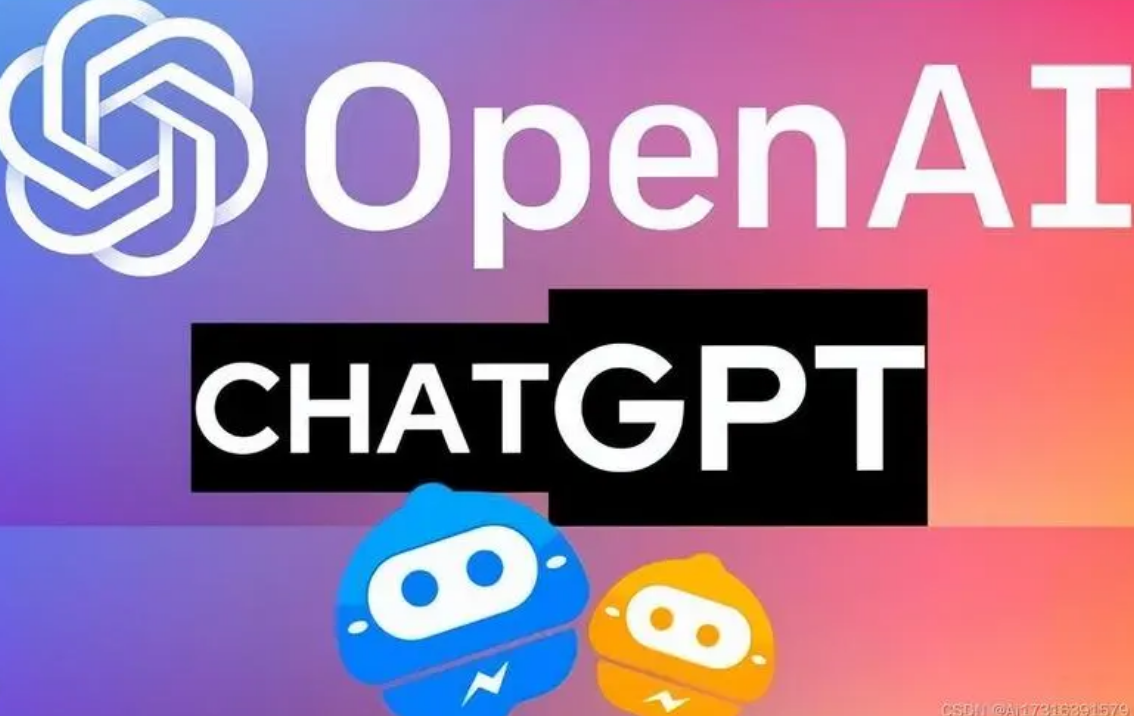The rise of artificial intelligence in recent years has undoubtedly transformed many industries, with few experiencing changes as dramatic as digital content production. AI tools now play an integral role in crafting everything from written works to visual media, fundamentally altering how content is generated, customized for individuals, and shared. These developments will significantly impact how creators, companies, and consumers alike interact with information moving forward.
AI has sped up content creation in remarkable fashion. Traditionally, crafting material involved prolonged periods dedicated to ideation, drafting, and refinement - a time-intensive process. However, AI streamlines these steps by generating initial content in seconds through innovative applications. For instance, some organizations, such as OpenAI, have produced systems capable of writing articles at an unprecedented pace, often finishing compositions in minutes based on specified keywords and formatting preferences.
AI also excels at tailoring substance based on person. Algorithms dissect user behavior data to discern topical interests, stylistic leanings, and comprehension levels. Media giants including Netflix and Spotify apply these insights to suggest customized selections most aligned with viewing and listening habits, amplifying engagement. For example, Netflix's recommendation engine reportedly influences over 80% of watching choices on the platform, underscoring the powerful impact of AI-driven individualization.
Moreover, AI is revolutionizing visual content creation. Advanced software can now automatically generate high-quality images, videos, and interactive elements previously requiring immense human effort. This enables crafting virtual worlds and augmented encounters achieving new levels of realism and immersion. AI-assisted graphic design tools similarly simulate detailed simulations and characters, permitting rapid experimentation vital to game development and virtual interactions.
For example, the development of advanced AI has enabled compelling virtual worlds within video games that change based on what players do in real-time, greatly improving the gaming experience. These tools diminish the need for coding everything by hand and manually crafting every aspect of the artwork, streamlining the game design process and making it more adaptable.

The Integration of AI Is Complex
However, incorporating AI into content authoring poses difficulties that require nuanced consideration. Issues involving data privacy, ownership of creative works, and potential misapplications demand rigorous attention. There is also a risk that traditional content creators could lose their jobs as AI systems become more capable and pervasive.
Additionally, the rise of AI has triggered lively debates around the authentic qualities and ethical implications of AI-authored material. This is particularly pertinent in spheres like journalism and academic publishing, where the credibility and originality of contributions are paramount.
AI in Specialized Markets: The Case of 'porn ai chat'
One intriguing application of AI in content creation has emerged within niche markets such as the adult entertainment industry. AI chatbots and interactive characters provide customized experiences reshaping how users interact in this sector. For instance, AI can craft individualized dialog and situations based on a user's preferences and input, crafting an highly customized and engaging experience. To learn more about this, check out porn ai chat.
Looking to the Future
As AI technology continues progressing, its impact on digital content authoring will only intensify. Advances promise increasingly sophisticated AI tools that will further streamline efficiency, personalization, and creativity in digital content. However, balancing these benefits with ethical considerations and consequences for employment in creative fields remains a pivotal challenge for the industry. The ongoing refinement of AI in content authoring represents a dynamic intersection of technology and creativity, with enormous potential for innovation and disruption.